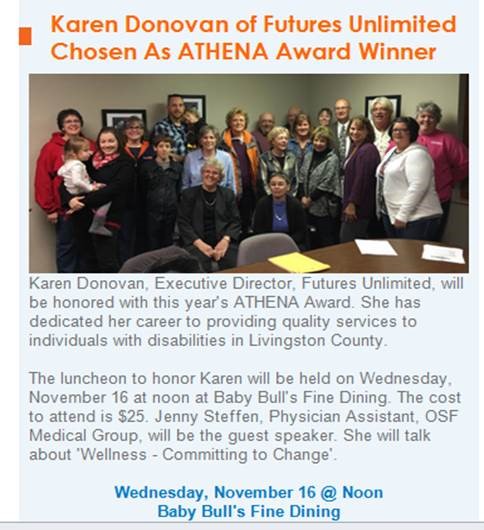N4A News on OAA Funding
News
Major Increases for OAA Pass Congress
By: n4aOn: 03/23/2018 18:21:51In: Policy & Advocacy
The House and Senate approved the FY 2018 omnibus bill, which includes significant increases for several OAA programs and has thrilled advocates and SHIP champions who exhaled at the news of continued (and boosted) funding. After threatening to veto the bill earlier this morning, the President signed the bill this afternoon.
“This funding bill is great news for older adults and their caregivers, and the increases it includes will improve the capacity of local aging programs to effectively meet the needs of our nation's rapidly growing aging population,” said n4a CEO Sandy Markwood in a statement.
She continues, "Given the projected growth in the aging population, it is essential that we continue to increase funding for OAA and other aging programs to ensure that we keep the country's longstanding commitment to help its citizens live with dignity and independence at home and in their communities. The increases included in this funding bill represent the first step in that process.”
For details on the spending measure, including n4a's appropriations chart, see our March 22 Legislative Update.
n4a CEO Sandy Markwood's full statement.
Stay tuned for tips on thanking your congressional delegation for these vital increases, and get ready to advocate again, as the FY 2019 appropriations process has already begun! And don't forget to register for next month's n4a Aging Policy Briefing in D.C.!




